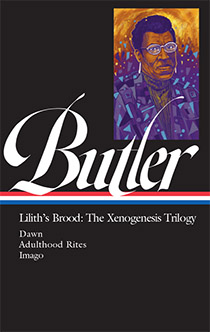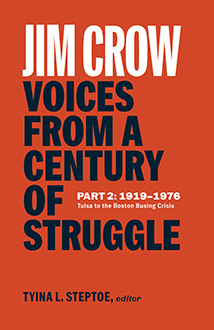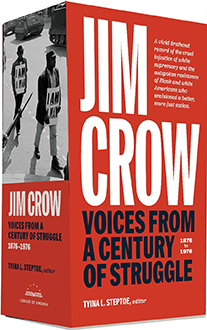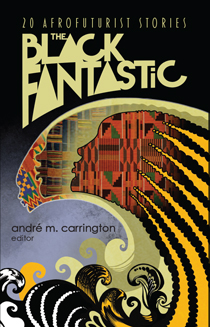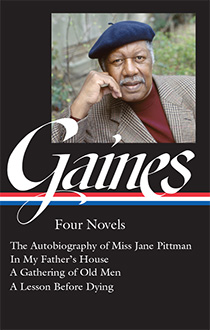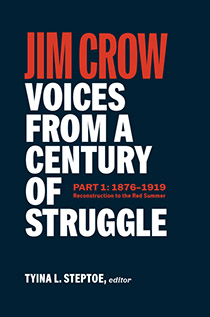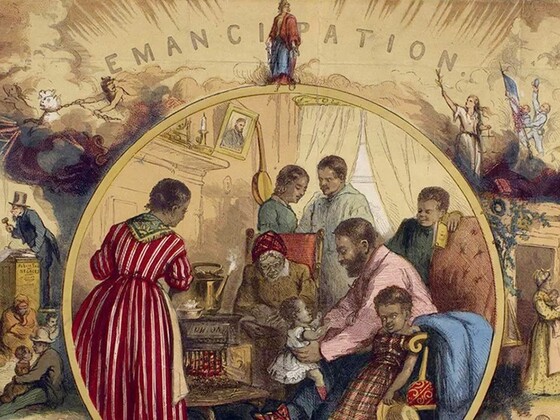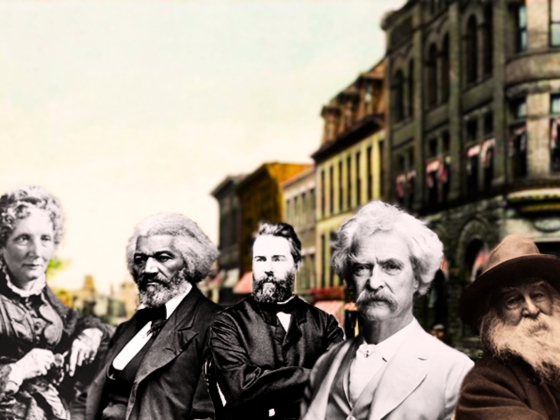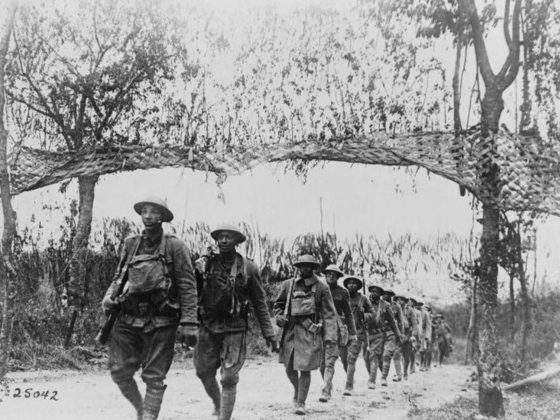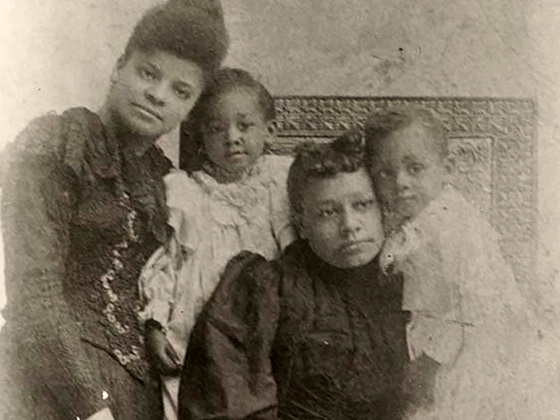African American Literature & History
Library of America presents in two volumes the most important writings of William Edward Burghardt Du Bois.
The Suppression of the African Slave-Trade to the United States 1638–1870 (1896), his first book, renders a dispassionate account of how, despite ethical and political opposition, Americans tolerated the traffic in human beings until a bloody civil war taught them the disastrous consequences of moral cowardice.
The Souls of Black Folk (1903), a collection of beautifully written essays, narrates the cruelties of racism and celebrates the strength and pride of black America. By turns lyrical, historical, and autobiographical, Du Bois pays tribute to black music and religion, explores the remarkable history of the Reconstruction Freedman’s Bureau, assesses the career of Booker T. Washington, and remembers the death of his infant son.
Dusk of Dawn (1940) was described by Du Bois as an attempt to elucidate the “race problem” in terms of his own experience. It describes his boyhood in western Massachusetts, his years at Fisk and Harvard universities, his study and travel abroad, his role in founding the NAACP and his long association with it, and his emerging Pan-African consciousness. He called this autobiography his response to an “environing world” that “guided, embittered, illuminated and enshrouded my life.”
Upon its publication in 1935, W.E.B. Du Bois’s Black Reconstruction offered a radical new assessment of the post–Civil War era, a time when African American progress was met with a white supremacist backlash and, ultimately, the unjust social order of Jim Crow. Previously cast as a misguided, even villainous effort to impose an inverted and “unnatural” racial hierarchy on the defeated South, Reconstruction was for Du Bois nothing less than a milestone in the course of human history, “the finest effort to achieve democracy for the working millions which this world had ever seen.”
Du Bois’s influential essays and speeches span the period from 1890 to 1958. They record his evolving positions on the issues that dominated his long, active life: education in a segregated society; black history, art, literature, and culture; the controversial career of Marcus Garvey; the fate of black soldiers in the First World War; the appeal of communism to frustrated black Americans; his trial and acquittal during the McCarthy era; and the elusive promise of an African homeland.
